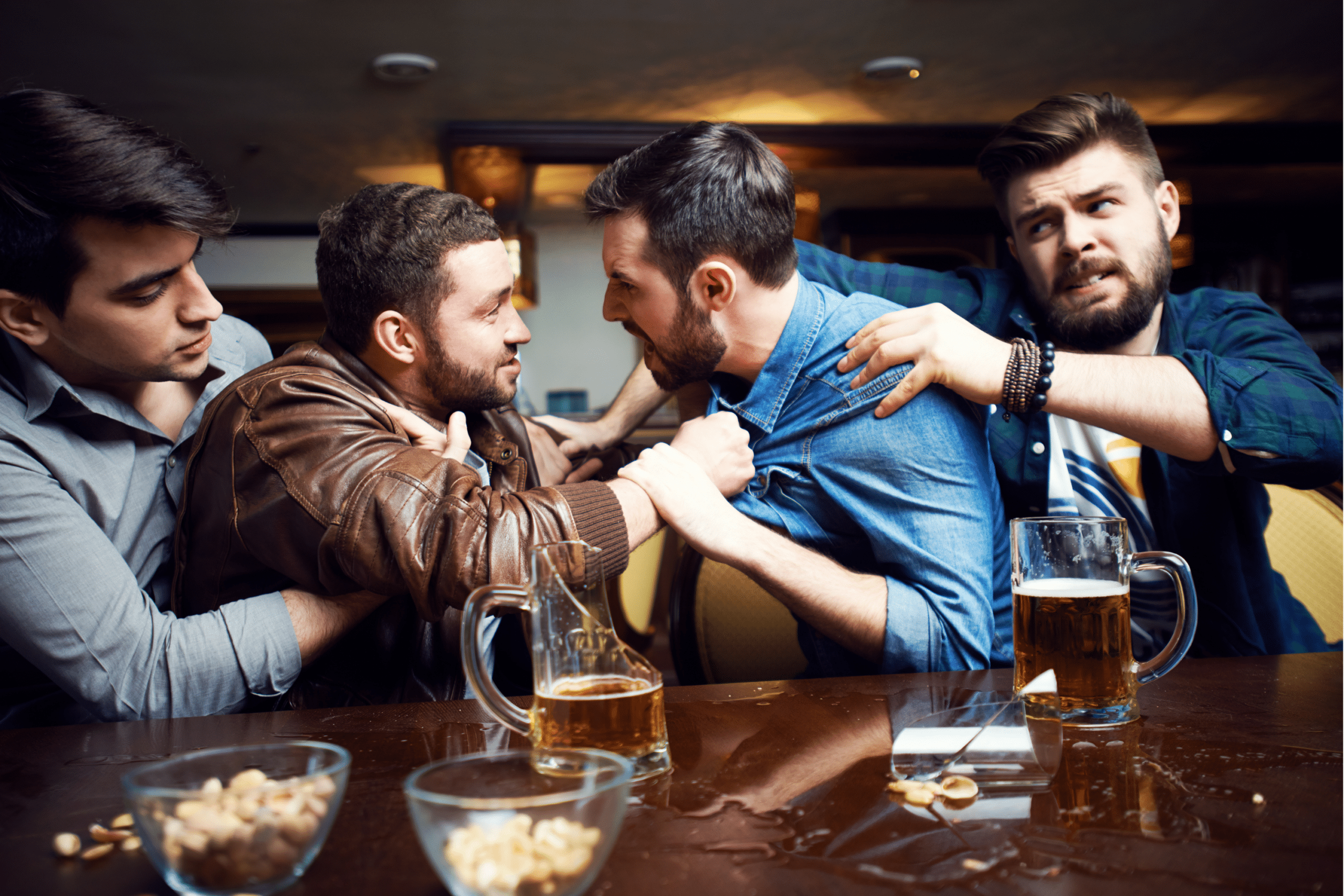In the realm of criminal law, it’s crucial to understand the distinctions between various charges, as the nuances can significantly impact legal outcomes. Two common charges individuals may face, often in conjunction, are public intoxication and disorderly conduct. In the state of Minnesota, these offenses are distinct, each carrying its own set of legal implications.
In this blog, we’ll delve into the differences between public intoxication and disorderly conduct, shedding light on when each charge may apply and the legal intricacies involved. Additionally, we’ll emphasize the importance of seeking the counsel of an experienced criminal defense lawyer when facing such allegations.
Public Intoxication: The Legal Landscape
Public intoxication, also known as public drunkenness, is a charge that typically arises when an individual is found in a public place while under the influence of alcohol or drugs to the extent that their behavior is disruptive or poses a threat to themselves or others. In Minnesota, the legal definition of public intoxication hinges on the observable impairment of an individual’s faculties due to substance use in a public setting.
Minnesota does not have a specific statute explicitly addressing public intoxication. Instead, law enforcement may rely on disorderly conduct statutes or other related offenses to address public intoxication situations. However, it’s essential to note that being visibly drunk in a public place does not automatically constitute a criminal offense in the state.
Disorderly Conduct: Unraveling the Legal Tapestry
Disorderly conduct charges are broad and can encompass a range of behaviors. In Minnesota, disorderly conduct is defined as engaging in offensive, obscene, abusive, or noisy conduct that tends to alarm, anger, or disturb others or provoke an assault or breach of the peace. Disorderly conduct charges may include disruptive behavior and actions that create a hazardous or physically offensive condition.
It’s crucial to recognize that disorderly conduct charges can be applied in situations unrelated to alcohol or substance use. For instance, engaging in a loud and disruptive argument in a public place or causing a disturbance during a peaceful assembly may lead to allegations of disorderly conduct. Disorderly conduct charges, therefore, provide law enforcement with a versatile tool to address a wide array of disruptive behaviors.
When Each Charge May Apply
Understanding when public intoxication or disorderly conduct charges may apply involves recognizing the specific circumstances that trigger these legal actions.
Public Intoxication
The key factor in public intoxication cases is the visible impairment of an individual’s faculties due to alcohol or drug use. It’s not merely about being under the influence but also about exhibiting disruptive behavior that may pose a danger to oneself or others. The offense occurs in a public place, emphasizing the public nature of the act.
Disorderly Conduct
Disorderly conduct charges are broader and can apply to various disruptive behaviors, not limited to intoxication. The focus is on the impact of the behavior on those present, aiming to prevent disturbances, breaches of peace, or assaults. Disorderly conduct charges can be applied in various situations, not exclusively related to alcohol or substance use.
Legal Nuances and Defense Strategies
Navigating public intoxication or disorderly conduct charges requires a nuanced understanding of Minnesota’s legal landscape. Building a strong defense is paramount, and consulting with an experienced criminal defense lawyer can significantly affect the case outcome.
Public Intoxication Defense
A skilled attorney may question the accuracy of the observations leading to the public intoxication charge, raising doubts about the alleged impairment. If the accused can demonstrate that their behavior did not threaten public safety, it may weaken the prosecution’s case. Given the absence of a specific public intoxication statute in Minnesota, an attorney may argue that the behavior does not meet the legal criteria for disorderly conduct or any other related offense.
Disorderly Conduct Defense
If the conduct involved expressive activities protected by the First Amendment, an attorney may argue for the charges to be dismissed on constitutional grounds. Establishing that the accused did not intend to incite violence or disturb the peace can be a crucial defense strategy. A defense lawyer may challenge the subjective nature of what is considered offensive or disturbing, highlighting the lack of a clear standard.
Defending Against Disorderly Conduct Accusations In MN
Understanding the distinctions between public intoxication and disorderly conduct in Minnesota is essential for individuals facing these charges. While public intoxication is often subsumed under disorderly conduct statutes, it is crucial to recognize the unique elements of each offense.
Seeking legal counsel from an experienced criminal defense lawyer is imperative for building a robust defense tailored to the case’s specific circumstances. By navigating the legal intricacies and mounting a strategic defense, individuals can better position themselves for a favorable outcome in the face of public intoxication or disorderly conduct charges.
About the Author:
Christopher Keyser is an AV-Preeminent rated criminal and DWI defense attorney based in Minneapolis who is known for fighting aggressively for his clients and utilizing innovative tactics to get the most positive results. He has been featured in numerous media outlets due to the breadth and depth of his knowledge and has been named a Certified Specialist in Criminal Law by the Minnesota Bar Association. Mr. Keyser is Lead Counsel rated, and he has received recognition for his criminal law work from Avvo, Expertise, and Super Lawyers.








